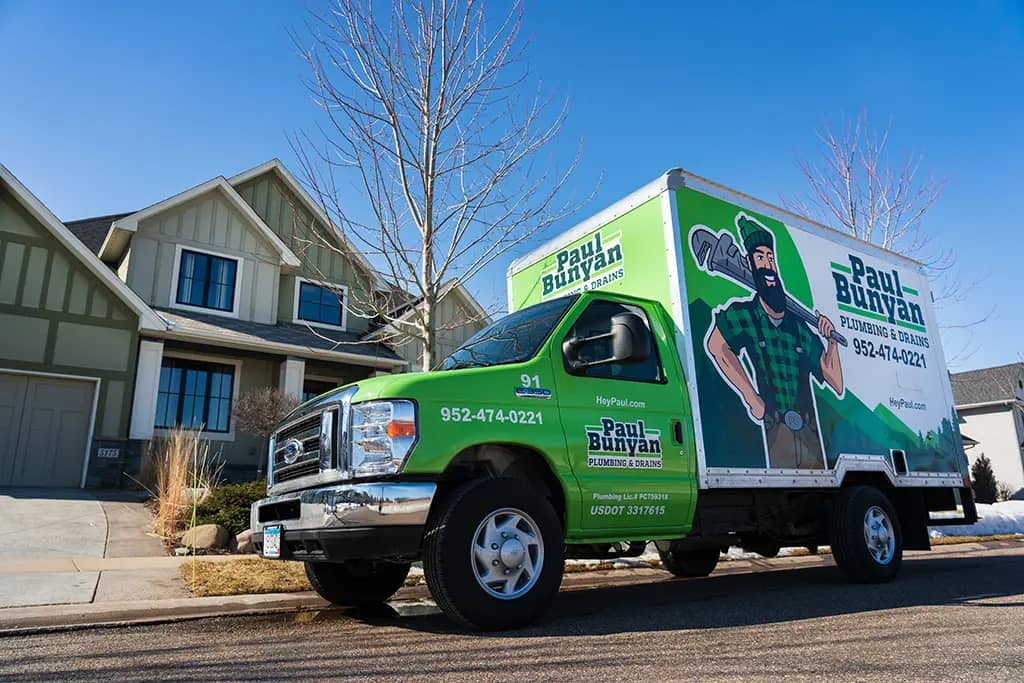Water Heater Repair: Could a Tankless Water Heater Be Right for Your Home?
Are you looking for ways to make your home more energy-efficient? Do you have a large family? Are you considering remodeling or upgrading your home? Does your home have an old unit that needs water heater repair? If the answer to any of these questions is “yes,” a tankless water heater, also often called an on-demand water heater, may be an excellent option for you.
According to recent market research, the tankless water heater market in the U.S. is expanding quickly. From 2019 to 2025, it’s forecasted to grow by over 10% annually. This is largely due to an increasing preference for more sustainable and environmentally-friendly products in the home.
Understandably, professional repair companies get lots of questions about tankless water heaters. To help our customers make an informed decision, we’re taking a closer look at the pros and cons.
What Exactly is a Tankless Water Heater?
Tankless water heaters differ from standard ones in that they do not keep a reserve of continuously-heated water. Instead, they instantaneously heat water only when you use it. A coil inside the heater warms the water as it flows through the unit. The water is heated by either gas or electricity and just like standard water heaters, most customers do not have a choice of which they have; their home is equipped for one or the other.
If you’re unsure of which is in your home or you’re fortunate enough to have both and need guidance on choosing one, consult a local water heater repair company.
The Advantages of Tankless Water Heaters
When researching on-demand water heaters for home, a primary concern will be their benefits. In addition to the information here, a professional water heater repair company can be a valuable resource for answering your questions.
On-demand Hot Water
Standard water heaters keep a finite amount of water already heated in their tanks. Tankless water heaters, on the other hand, provide a continuous flow of hot water for as long as it’s in use. This is a major advantage for larger families and people who enjoy long, hot showers or baths.
Energy Efficiency
According to the Department of Energy, water heating costs are a household’s second-largest expense, accounting for as much as 18% of total utility bills. Considering this, it’s only natural that people would be interested in whether or not a tankless water heater will provide any energy savings.
A traditional water heater works by heating water to a specified temperature and storing it in its tank, whether it’s being used or not. That means the heater is using energy constantly to maintain that water temperature. Tankless water heaters only heat water when it’s needed, which translates to less energy being used.
Space-saving
As their name implies, tankless water heaters do not have a large reserve tank. While there are various sizes to meet the needs of different-sized households, even the largest-capacity models are far more compact than storage water heaters. On-demand heaters can be mounted on a wall, under cabinets, in closets, or even outside. If the idea of having your water heater outside appeals to you in Minneapolis, MN, just know that you’ll need an anti-freeze kit.
For many people building a new home, remodeling, or replacing their existing water heater, the small footprint of tankless heaters is a major selling point. A local water heater repair company can provide further guidance on where you can install a tankless heater in your home.
Longer Lifespan
You will generally get about 20 years of use out of a tankless water heater. By comparison, most standard water heaters last anywhere from 10-15 years. Some water heater repair professionals say that the lifespan of standard water heaters tends to be in the lower range of the spectrum.
Less Risk of Flooding
Research from the home insurance industry shows that one of the top five causes of claims is non-weather-related water damage. Among these claims, flooding caused by water heaters is one of the top reasons given. A flood of just 1-4″ can cause as much as $7,800 in damage and necessary water heater repair costs. With a tankless water heater, the risk of flooding is eliminated.
The Disadvantages Of Tankless Water Heaters
Although there are many benefits to having a tankless water heater installed by a professional water heater repair company, there are some downsides to take into consideration, too.
Upfront Cost
Tankless water heaters are more expensive than their standard counterparts, both to purchase and have installed by a water heater repair company. They do provide up to a 30% savings on energy bills, but it’s important to factor in the higher up-front cost when making your decision.
Not One-size-fits-all
While one selling point is the compact size of tankless water heaters, that is actually a disadvantage, as well. A smaller unit may struggle to keep up with the hot water demands of a larger household. There are options to solve this problem, such as installing two units or getting a larger one, but these, of course, come with a higher price tag.
Delayed Delivery
Since tankless water heaters don’t have a reserve of hot water ready and waiting, it takes several seconds for the water to be heated up. It’s not a long delay by any means, but it’s something worth noting. To solve the problem, you can turn on the shower and then brush your teeth or do another task to give the water time to be sufficiently heated.
No matter where you are in the decision-making process, you may have more questions or need some professional guidance on tankless water heaters. Paul Bunyan Plumbing & Drains in Minneapolis, MN, is happy to help! Contact us online or give us a call today at 612-340-1444 for all your plumbing needs.


